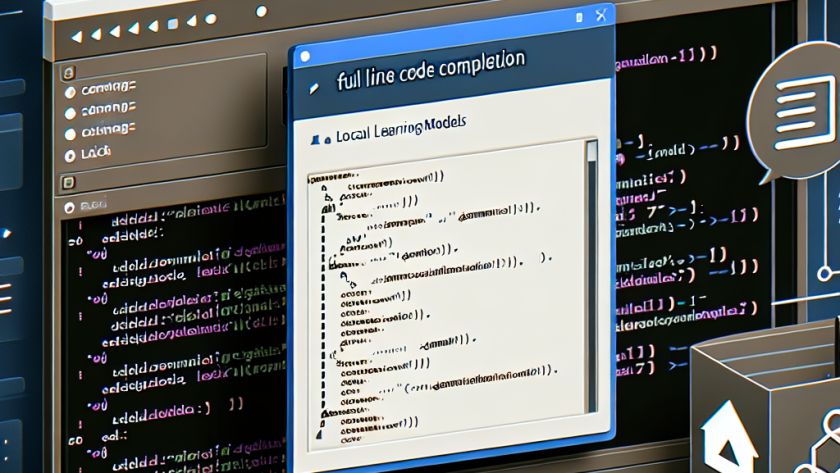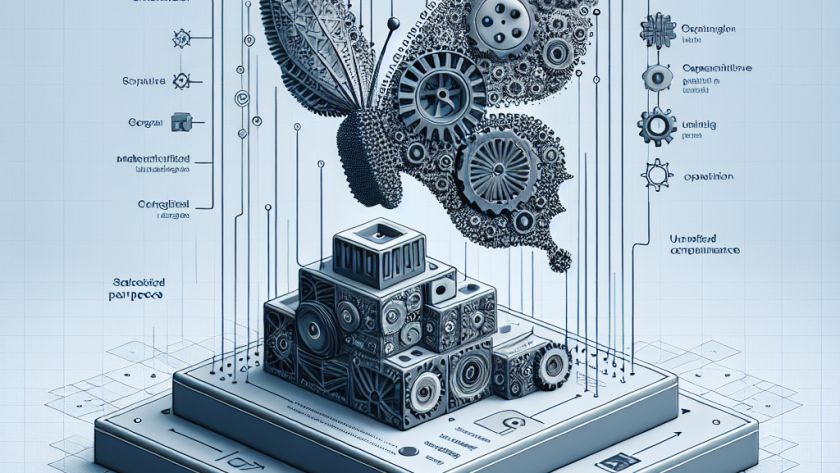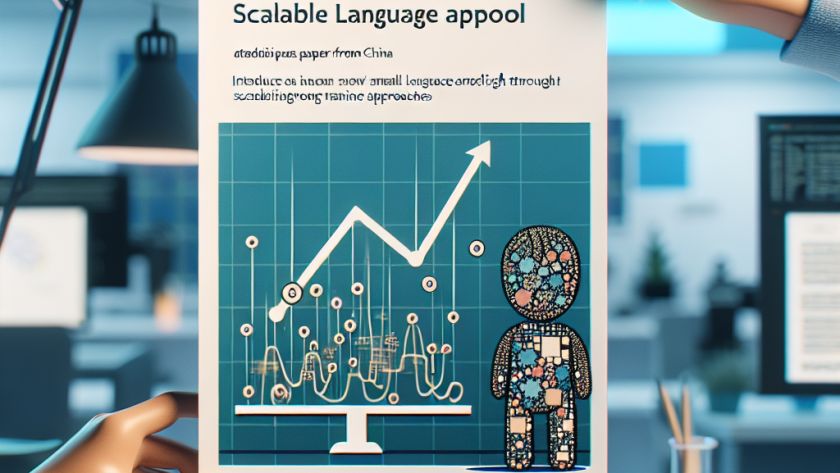Neural network models are dominant in the areas of natural language processing and computer vision. However, the initialization and learning rates of these models often depend on heuristic methods, which can lead to inconsistencies across different studies and model sizes. The µ-Parameterization (µP) seeks to address this issue by proposing scaling rules for model parameters…












